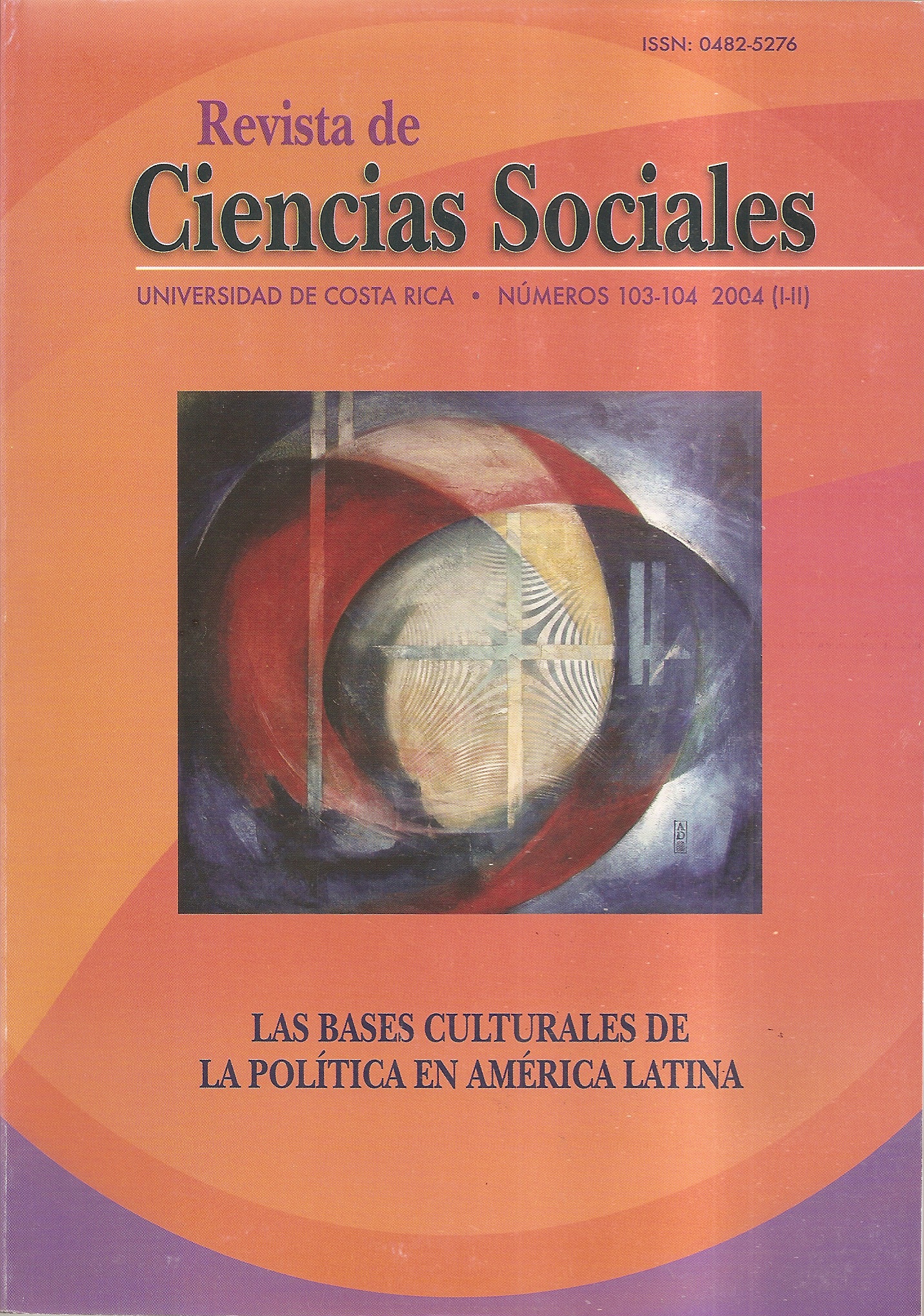Resumen
El alcance del TLC y las concesiones brindadas modifican el modelo de desarrollo costarricense. Las restricciones establecidas en el TLC para aplicar políticas públicas discrecionales para fomentar sectores productivos limitan la posibilidad de desarrollo. La participación social y el interés nacional deben orientar la negociación y aprobación de n TLC para el país, si esta fuera la vía más apropiada. Con el TLC se cedió en aspectos de gran impacto social, económico y ambiental tales como: medicamentos genéricos, sector agropecuario, apertura de servicios de telecomunicaciones y seguros.


